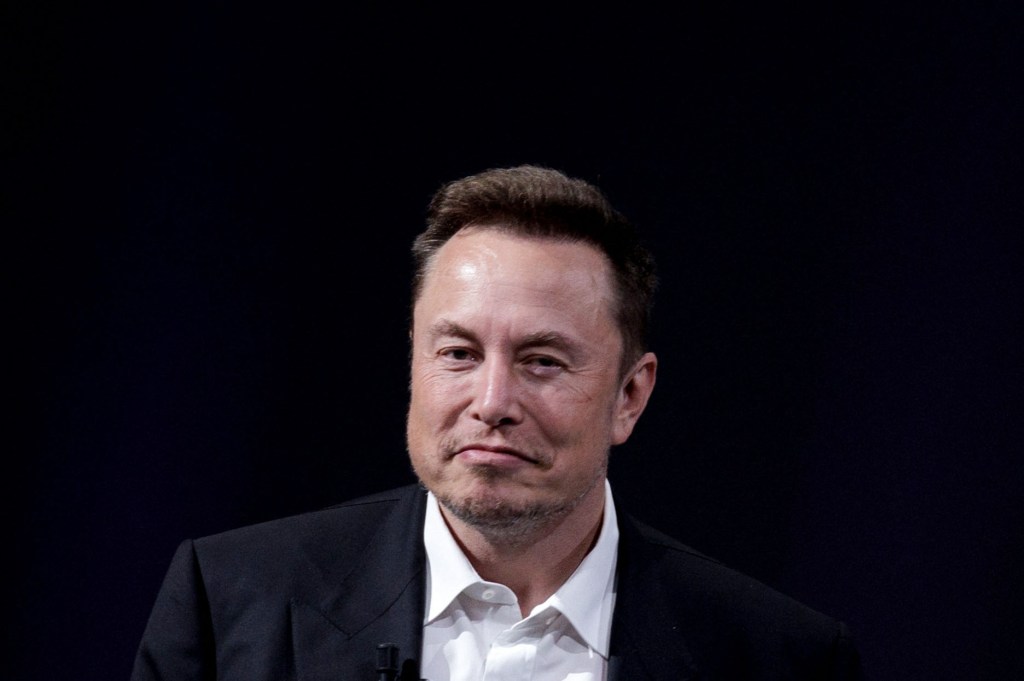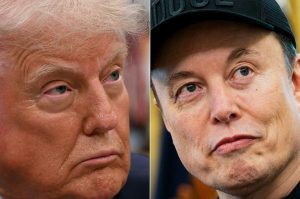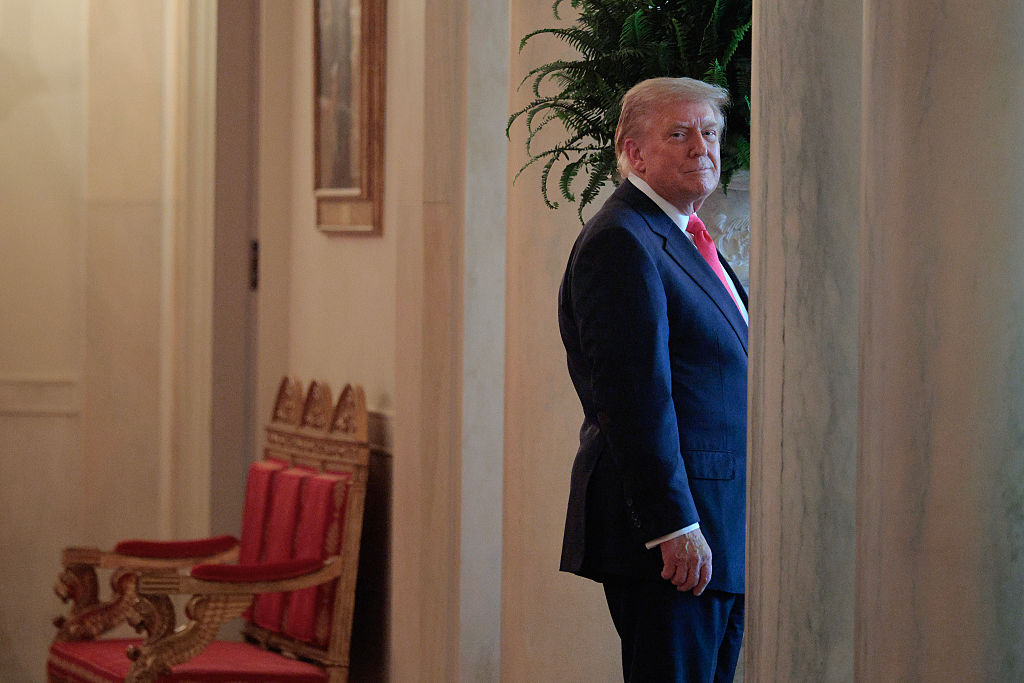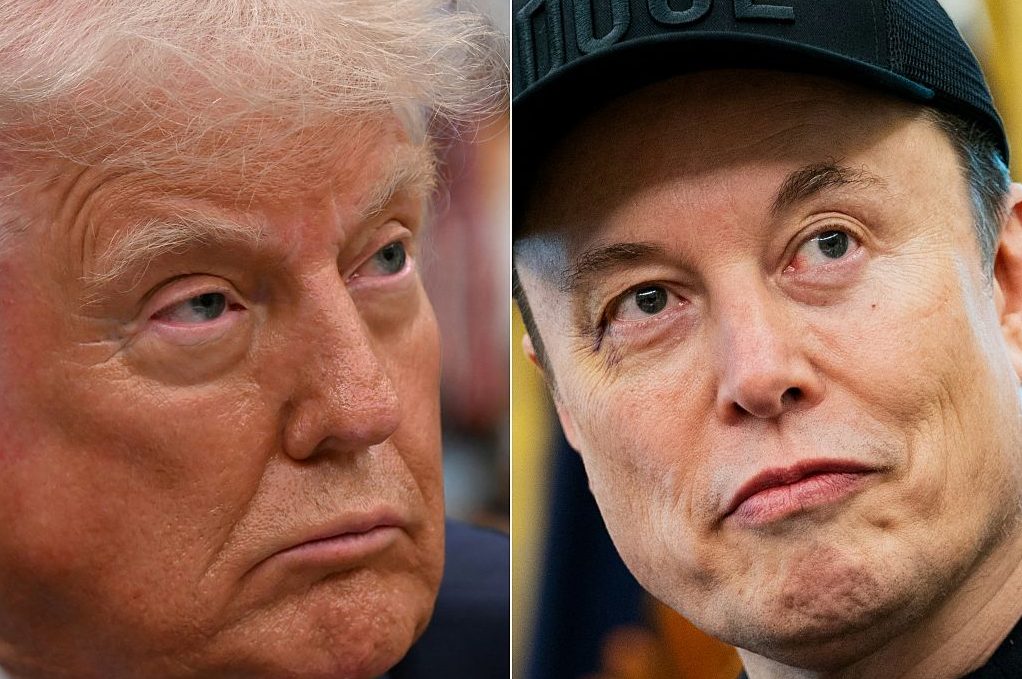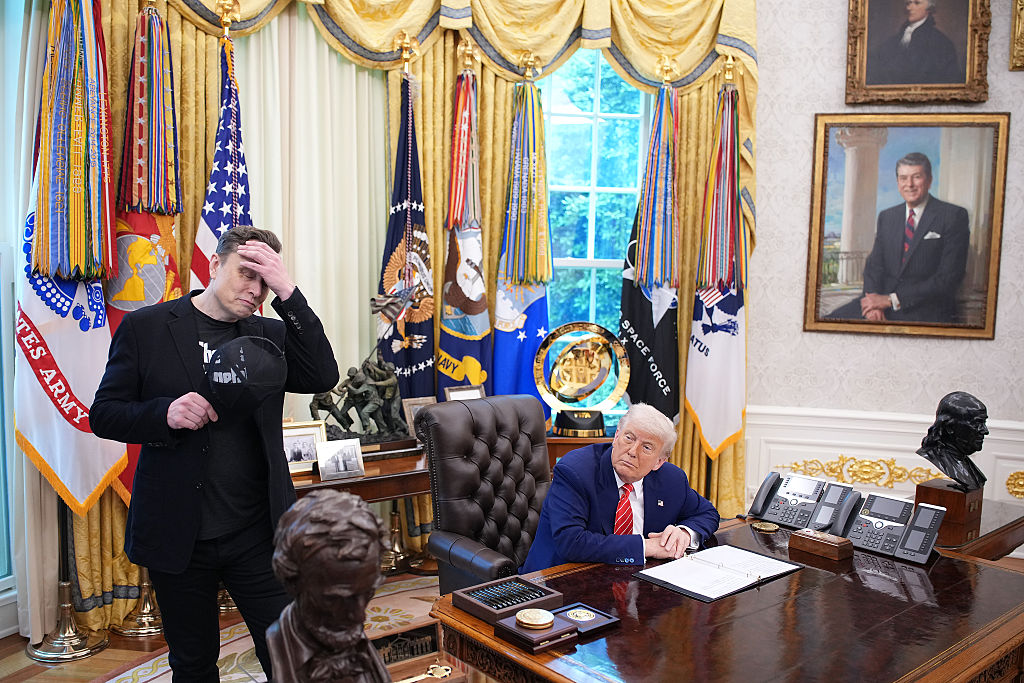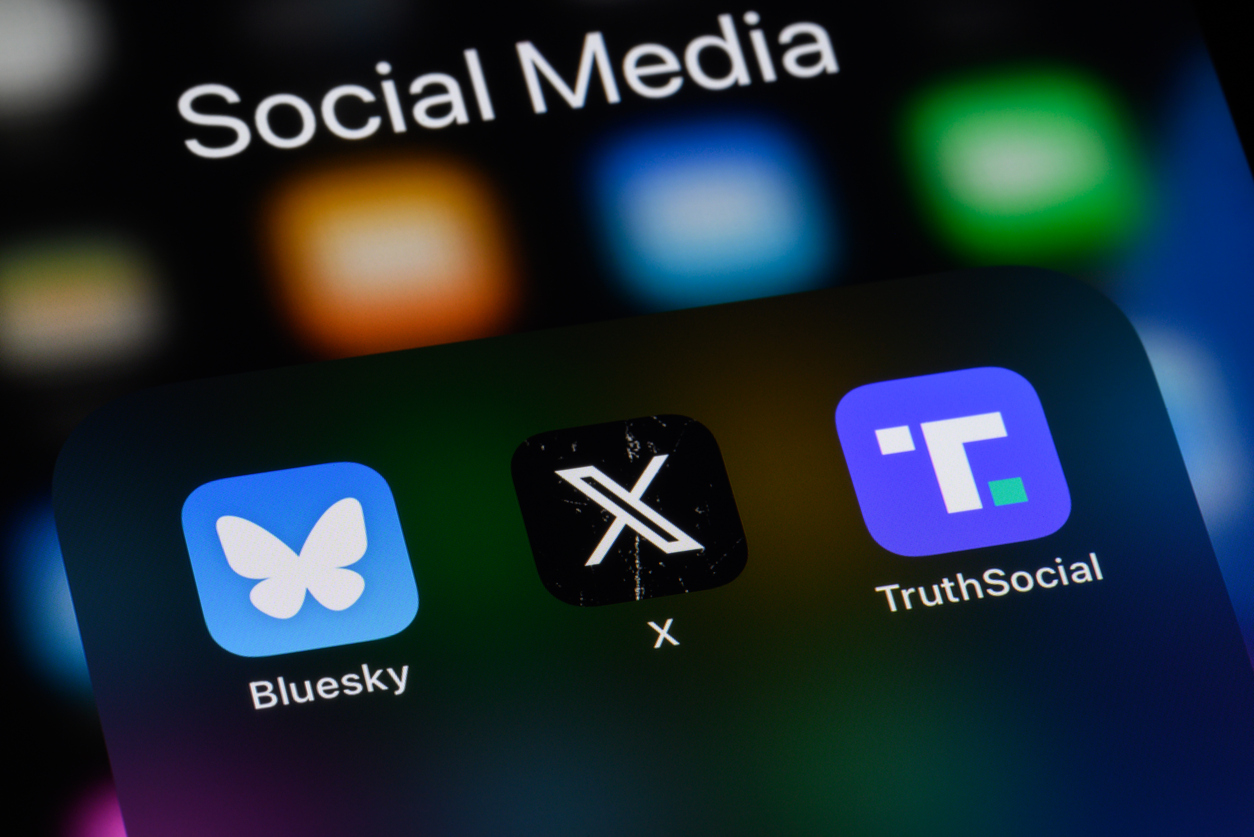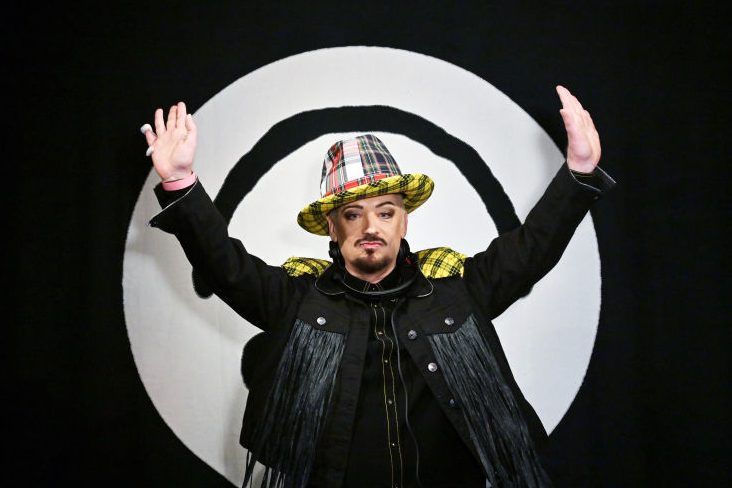Elon Musk, the owner of X — once known as Twitter, may she rest in peace — is making Americans an offer that they must refuse. When he purchased the social media platform last year for a whopping $44 billion, he led us to believe he was doing it in order to save free speech, an ideal in regard to which he said was an absolutist. Today, what he is actually offering instead is a censorship regime slightly more friendly to the right than his predecessor. It’s a recipe for disaster.
Back during the bad old Twitter days of Jack Dorsey, most of us had a fairly consistent idea of how the site should moderate its content. The demand was for a simple, discrete set of rules banning things like violent threats or doxxing, but which did not punish users for their ideological viewpoints or opinions. We thought that was what Musk had in mind when he purchased the blue bird; in reality, the richest man on earth found out it wasn’t so easy.
The bottom line that Musk discovered is that without censorship of a pretty virulent variety, he can’t make a dime off of his shiny new toy. That is because advertisers are very careful about having their pitches to the public land right below @AmericanRawDog3030’s tweet just asking questions about whether Jews run everything — or for that matter, a post that misgenders people.
But Musk needs these ad dollars, not to mention staying in compliance with governmental hate speech laws — so he and his team have taken to poetry to convince us that a little censorship really isn’t so bad. “Freedom of speech, not freedom of reach,” was their first Orwellian little ditty, as if the concept of free speech does not involve access to an audience. Last week, X CEO Linda Yaccarino introduced the novel concept of speech that was “lawful but awful” and must be suppressed. Worst Dr. Seuss book ever.
Musk is in a tough spot. His principles demand free speech, his pocket book demands censorship, so he has to compromise — and that’s where his offer to all of us comes in. Musk wants us to accept a censorship regime that is fair to conservatives, and not skewed towards leftist ideology.
This was clear when he recently announced that the term “cis” would be considered a slur on Twitter and repeated offenders would face suspension. Musk is essentially saying, “I can’t protect your right to use the wrong pronoun, the advertisers won’t allow it, but I can stick it to the left on words that they like, too! Deal?”
No.
First of all this Faustian bargain obliterates the principle of free speech — but more practically, even if Musk does manage the thread the needle of bias and be a “censor for the common good” with X, he is legitimizing broader censorship efforts, at Facebook, Google and other major corporations that will continue to be biased against the right. Let’s just say, they won’t be banning the word “cis” anytime soon.
To make matters egregiously worse, we now know that Musk intends X not just to be a global town square, as he first claimed, but rather an “everything app” along the lines of WeChat in China. You’ll do your banking there, for example. But what happens if you run afoul of some new social norm that gets you banned from X — and from your money?
You see, X gives every account a kind of reputation score — or if you will, social credit score — and advertisers use this tool to avoid “offensive” accounts. The ranking doesn’t end there. Yaccarino has made clear that low reputation scores will minimize a user’s reach, which rhymes with speech and stands for censorship.
This censorship would be bad enough if it came with clear rules, but it doesn’t. This week X throttled links to the New York Times, Reuters and Facebook delaying their load times, again a form of censorship. What rule did they violate beyond the whims of Elon Musk? He just petulantly gets to decide what news we see now?
Meanwhile he is paying some content creators, most of whom appear coincidentally to be huge Elon Musk fans, under an obscure and inchoate revenue sharing system that has left countless users saying they’ve applied but aren’t getting any money.
X has laid out eligibility requirements, but thus far has refused to say exactly how accounts are chosen for payouts. Being eligible is meaningless if there aren’t clear rules as to who actually qualifies for the money; hell, I’m eligible for the Publishers Clearinghouse Sweepstakes.
Even though Musk is sweetening the censorship deal with the lure of potential cash, we must still reject his authoritarian view of the information superhighway.
Another recent development: restricting app features that most users are accustomed to so that only paying users can access them, such as direct messaging accounts you don’t follow. And on Friday Musk tweeted his intention to drop the block function, which allows users to stop accounts from seeing their posts.
Elon Musk wants you to believe that he is giving conservatives a seat at the censorship table; that we can at least help to set the rules. But it’s really the kids’ table: the adults, corporate advertisers and governments are divvying up the real feast by themselves — but hey, at least nobody is allowed to call you “cis…”
The charming billionaire tycoon is a fabulous engineer, but he has bitten off more than he can chew. We can appreciate his anti-wokeness — even if it just so happened to appear almost exactly when he bought Twitter — without giving in to his censorious views on speech.
Principles are called principles because they come first. For Americans, no principle is more precious than freedom of speech. Sorry Elon, on censorship, my answer is this…nothing.



